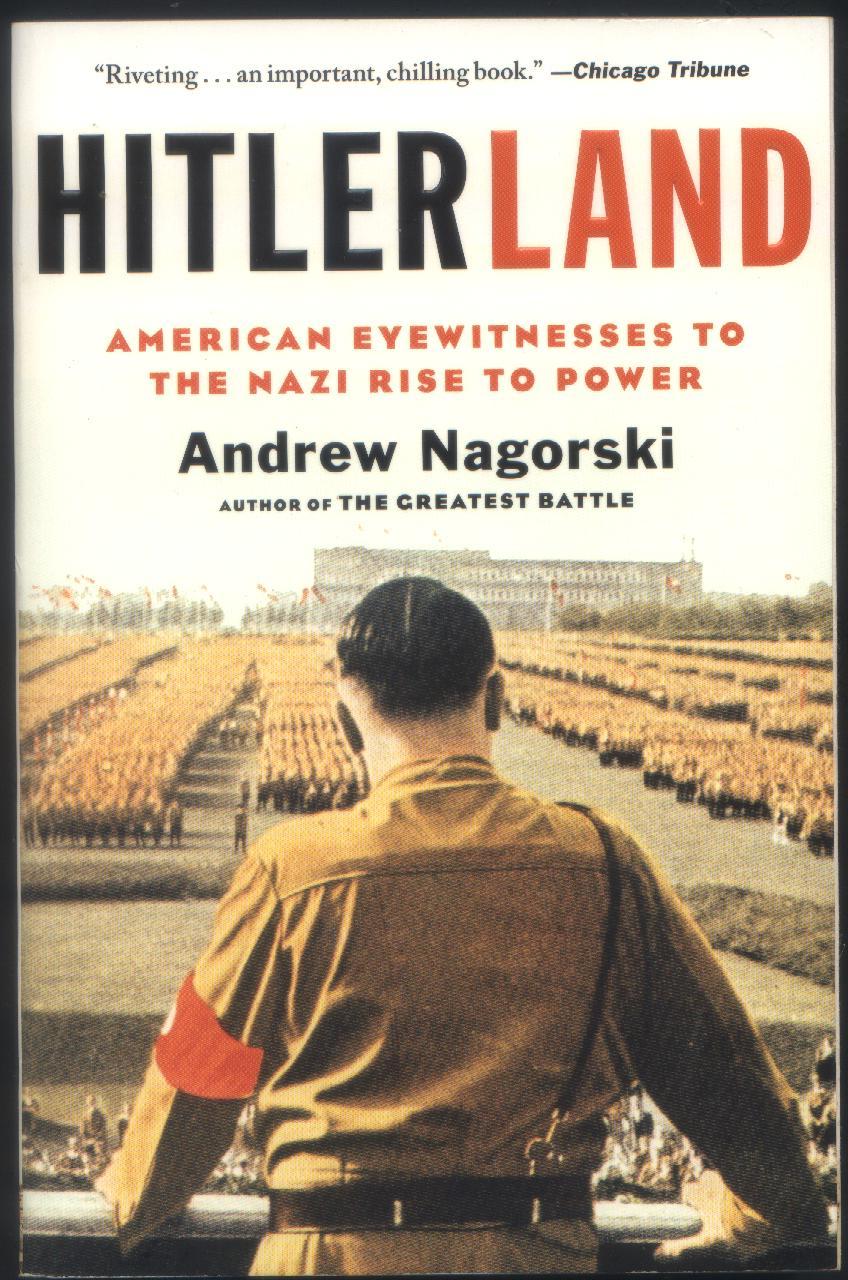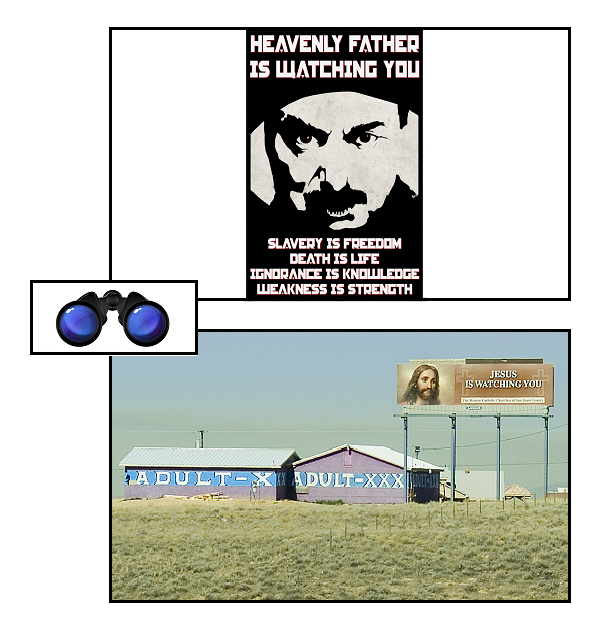Book Review: Hitlerland by Andrew Nagorski
Sunday, February 2nd, 2014[by Mark Safranski, a.k.a. “zen“]

Recent cyber problems here at ZP (as well as work commitments) have left me with an enormous backlog of book-related posts and reviews with which to wade through this month, including re-starting the aborted “friends of zenpundit.com who wrote books” posts. Here is the first of what hopefully should be many posts to help readers add to their antilibrary:
.
I recently picked up Hitlerland: American Eyewitnesses to the Nazi Rise to Power by journalist Andrew Nagorski and found it to be an enjoyable read. Nagorski is telling the tale of Americans in Germany, predominantly journalists and diplomats, who witnessed the death of the Weimar Republic at the hands of the Nazis and the subsequent construction of the totalitarian Third Reich under the messianic leadership of Adolf Hitler. It is, to be sure, a cautionary tale that is well-known at a superficial level where “Munich” – the 1938 diplomatic agreement where British and French leaders surrendered Czechoslovakia to Hitler’s aggressive designs – is a shorthand today for ill-considered appeasement of dictatorial regimes.
.
That said, the deep reluctance of American officials and the public back home to acknowledge intellectually the nature of Nazi Germany and the threat it represented at the time, to the frustration of reporters like William Shirer, is less familiar and too often acknowledged only sheepishly – perhaps because the same “see no evil” pattern was replicated in regard to Stalin’s Russia until well after WWII ended. Indeed, one of the book’s more pathetic figures, Martha Dodd, the irresponsible party-girl daughter of the American ambassador, transitioned seamlessly from being an enthusiastic useful idiot for Nazism to a slavishly loyal Stalinist and lifelong Soviet agent. A phenomena that mirrored that of many young German men who in the latter years of the Weimar Republic found themselves shifting between Communist fighting groups and membership in the Nazi SA without any democratic or liberal waystation in between.
Some thoughts about Hitlerland in no particular order:
- Nagorski, like most journalists, is an excellent writer and more skilled at weaving a story than are most historians. Hitlerland is extremely “readable” for the general layman who is the target audience of the author.
- .
- If you are well read enough on the subject of the Third Reich to be familiar with Nagorski’s major primary sources you will not see much that is original here as the same texts have been relied upon very heavily by many other writers and historians of the Nazi period. I learned only a few details or anecdotes that were new to me. What Nagorski did that is new is to bring together the stories of the Americans in Germany into one book for a synthesis and explained it smoothly and concisely.
- .
- One of the more famous of the primary sources, Dr. Ernst “Putzi” Hanfstaengl, who wrote a memoir about Hitler and was a very early (if minor) member of the Nazi Party leadership, a P.R. mentor and court jester of sorts to Adolf Hitler, is given close scrutiny. Nagorski brings out the more sinister and machiavellian side of Hanfstaengl, whose ability to charm and play the clown and his influential Harvard connections helped him escape any kind of punishment for his numerous contributions toward Hitler’s regime.
- .
- The inescapability of street level Nazi brutality, the crude and fanatical anti-semitism and the increasing enthusiasm of the German people, even relative anti-Nazi Germans, for accepting the regime’s propaganda claims with credulity after years of being submerged in them is an excellent feature of Hitlerland. Propaganda does damage simply by crowding out truth, even when it is not believed.
.
Recommended.





